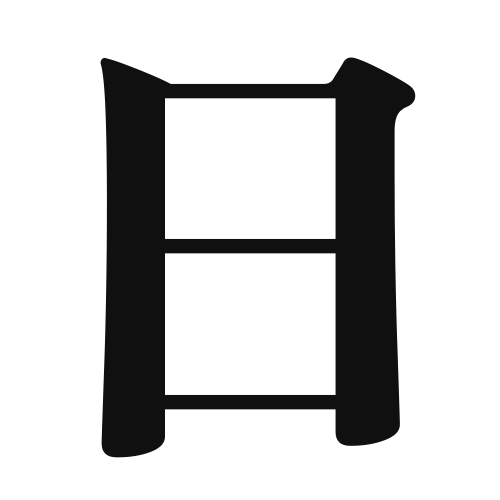1. Overview of Meaning
The kanji “日” (pronounced “hi” or “nichi”) means “day” or “sun.” It represents the concept of time, light, and the passage of days.
2. Formation and Radical
Formation of the Kanji: The kanji “日” is a pictogram that originally depicted the sun. It is one of the simplest and most fundamental characters in the Japanese writing system.
Radical: The radical for “日” is also “日,” which is used in various other kanji related to time and light.
3. Examples of Usage
Common Words and Phrases: Some frequently used words that include “日” are:
- 日曜日 (nichiyoubi) – Sunday
- 日記 (nikki) – diary
- 日本 (Nihon) – Japan
Example Sentences in Daily Conversation:
- 今日はいい天気ですね。 (Kyou wa ii tenki desu ne.) – The weather is nice today.
- 明日は何の日ですか? (Ashita wa nan no hi desu ka?) – What day is it tomorrow?
4. Synonyms and Antonyms
Similar Kanji: A similar kanji is “月” (tsuki), which means “moon” or “month.” While “日” refers to the sun and day, “月” represents the night and the lunar cycle.
Opposite Kanji: An antonym is “夜” (yoru), which means “night.” This contrasts with “日,” as it represents the time when the sun is not present.
5. Cultural and Historical Background
Connection to Japanese Culture: The kanji “日” is deeply embedded in Japanese culture, symbolizing not only the sun but also the concept of time and daily life.
Proverbs and Idioms: One common saying is “日々是好日” (hibi kore koujitsu), which translates to “Every day is a good day,” emphasizing the importance of appreciating each day.
